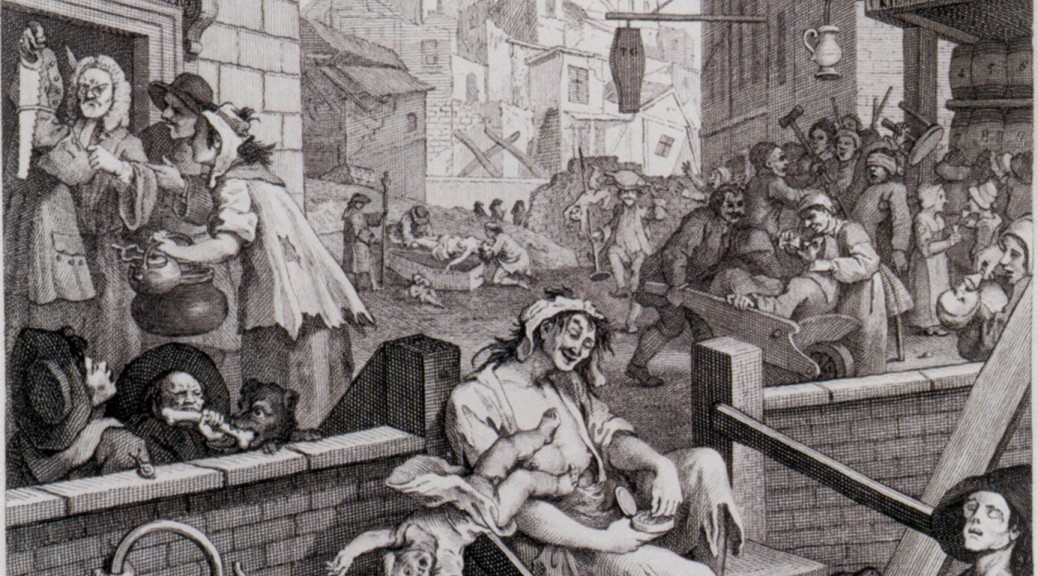Genever (Jenever) had been brought back to Great Britain by soldiers who had fought with the Dutch in the 80 Years’ War/Dutch War for Independence. It wasn’t quite the same as gin, but would lead to the creation of gin.
When William of Orange (who was originally Dutch) became king of England in 1689, he made it illegal to import French brandy. He did this because he was Protestant and the French king was Catholic and that seemed like enough of a reason at the time. At first people were encouraged to make and drink gin. It was like they were thumbing their noses at France – who needs your brandy anyway?! But people began to like it. Not just like it, but like-like it.
The government began thinking that people were having too much fun with gin so they passed a law that put a tax of 5 shillings a gallon on gin. This didn’t do enough to stop people from drinking, and in typical government thinking, if something’s not working, let’s do more of it! So they passed the Gin Tax Act of 1736. It put a 20 shillings (£1) a gallon tax on liquors and required sellers to pay for an annual license that cost £50.
Side note – Then, as it is today, a government requiring a business to have a license is less about regulating it or keeping the public safe and is mostly about reducing the number of that type of business. Often it ends up being protectionism for the businesses of that kind that already exist. Look at how taxi companies are using government to fight competition from off Uber, Lyft, and SideCar.
The result of that was that reputable gin shops closed and a black market production of it grew, and it grew bigger than the legal gin market had been before Many of the producers and sellers of it were more on the sketchy side and the gin could have been adulterated with something that could make the drinkers ill or even kill them.
After some riots and a few years of continued drunkenness on cheap hooch, the law was repealed. In 1751 a new one was enacted that lowered the fees for big producers and raised them for the sellers. Distillers could not sell gin at retail and it put a minimum volume limit on the stills. Retailers could only get a license if they were in space that rented for at least £10 a year.
Another side note – This is business/government cronyism at its finest. Finest for the big businesses and politicians, that is, not so much for the small shop owner.
The cost of food was going up so there wasn’t as much money left for gin, which was becoming more expensive too. During this time, the importation of tea had been increasing so it was in place to become the new popular drink.


